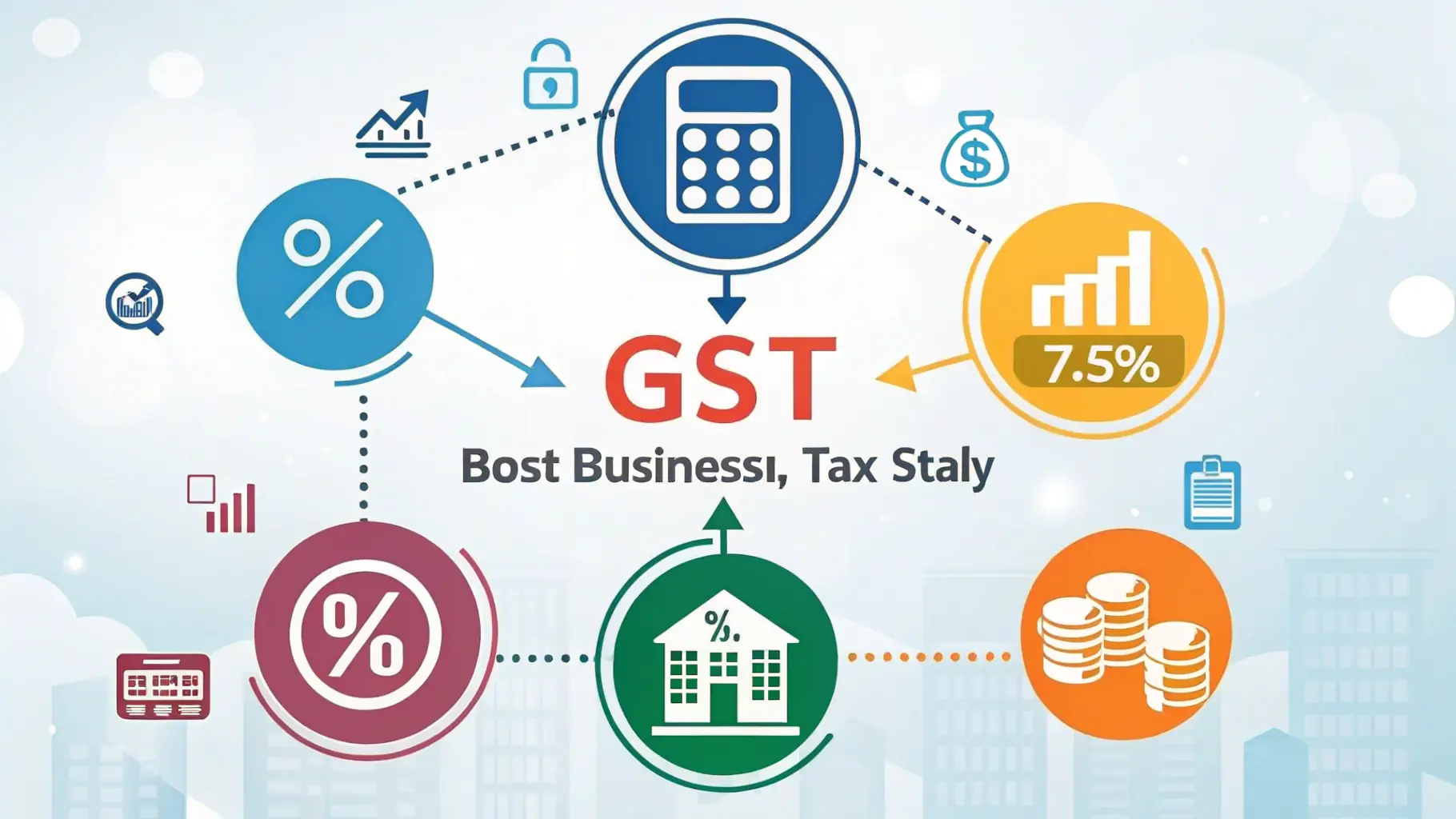Maximising Your Income, Minimising Your Tax
In Australia, tax season can be a stressful time for individuals — especially if you’re unsure how to reduce your tax legally. But with the right planning, you can significantly reduce your taxable income and avoid unpleasant surprises.
Here are some practical and compliant tax planning strategies for individuals living and working in Australia.
🎯 1. Understand Your Marginal Tax Rate
Why It Matters
Australia uses a progressive tax system — the more you earn, the higher your marginal tax rate. Knowing which bracket you’re in helps you plan when to bring forward deductions or defer income.
Tip: If you’re approaching the next tax bracket, consider deferring bonus payments or capital gains to the next financial year.
🏦 2. Use Superannuation Contributions Wisely
Tax Saving Through Super
Making additional concessional (pre-tax) contributions to your superannuation fund can reduce your taxable income. These contributions are taxed at only 15%, which is likely lower than your marginal tax rate.
Strategy Example:
Maximise your annual concessional cap ($27,500 in 2024–25)
Use carry-forward unused cap if you haven’t maxed out in previous years (available for balances under $500k)
💼 3. Claim All Valid Work-Related Deductions
Don’t Leave Money on the Table
Many Australians miss out on deductions they are legally entitled to. Examples include:
Home office expenses (especially if you work remotely)
Work-related education and training
Tools and equipment
Travel for work purposes
Important: Keep detailed records and receipts — ATO can audit deductions anytime.
🧮 4. Offset Capital Gains with Losses
Smart Use of Capital Losses
If you’ve made a profit from selling shares or property, you may owe Capital Gains Tax (CGT). However, capital losses from previous or current financial years can offset this gain.
Strategy:
Consider selling underperforming assets to realise a loss
Time the sale of profitable assets in a low-income year to reduce CGT
🏠 5. Rental Property Deductions
Optimise Investment Property Returns
Own a rental property? You may be able to claim deductions on:
Mortgage interest
Depreciation of building and fixtures
Repairs and maintenance
Property management fees
Pro Tip: Order a tax depreciation report to maximise deductions legally.
🧾 6. Use the Low and Middle Income Tax Offset (if eligible)
Even if your income is modest, there are offsets and rebates available. You may be eligible for:
Low-Income Tax Offset (LITO)
Low and Middle Income Tax Offset (LMITO) (check latest status via ATO)
These offsets directly reduce your tax payable and may increase your refund.
📑 7. Plan for Private Health Insurance Thresholds
If your income exceeds $93,000 (single) or $186,000 (couple) and you don’t have private hospital cover, you may pay the Medicare Levy Surcharge (1%–1.5%).
Strategy:
Get private hospital insurance to avoid the surcharge
Consider doing it before 30 June if you’re nearing the threshold
✅ Final Thoughts: Tax Planning Isn’t Just for the Wealthy
Even if you’re not a high-income earner, tax planning can make a big difference to your take-home pay and long-term wealth. Whether you’re a salaried employee, a sole trader, or an investor, these strategies can help you reduce your tax legally and efficiently.
At EmuTax, we help individuals like you take control of their taxes. Our personalised tax planning consultations are tailored to your unique financial situation.
💬 Book a free 15-minute strategy call with our team today and get ahead of the next tax season!




